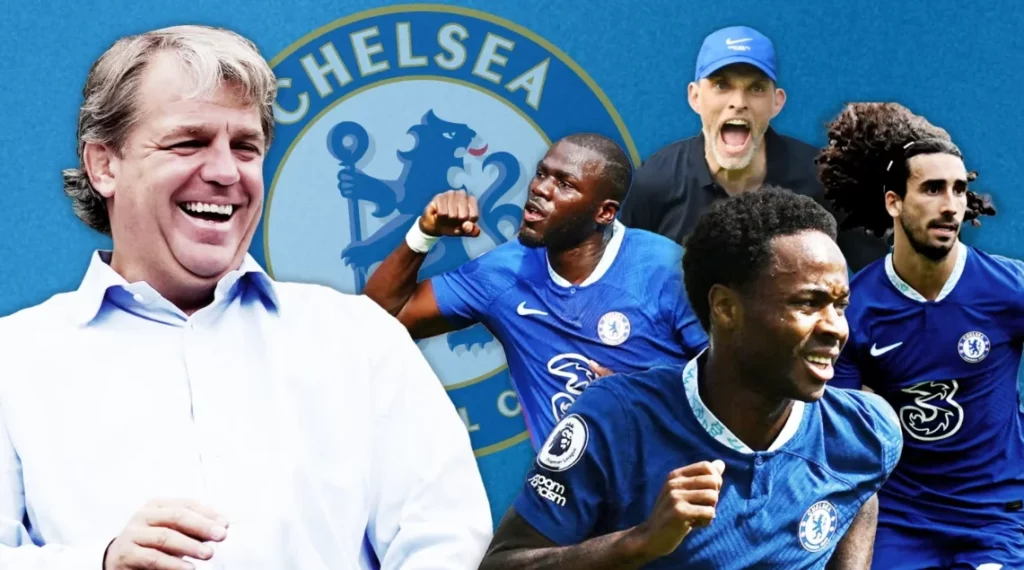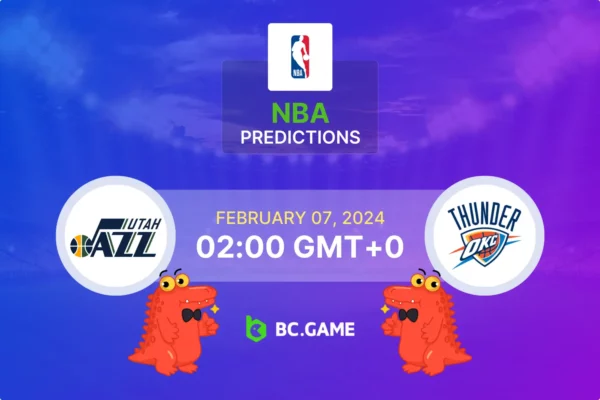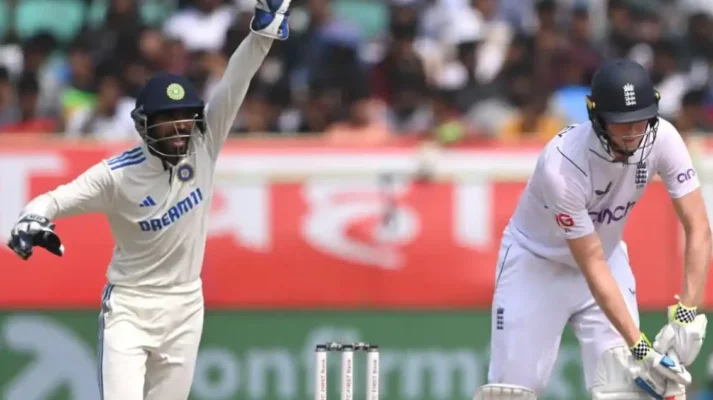
Todd Boehly has become a less visible figure recently. Initially, after leading the Clearlake acquisition of Chelsea, he was frequently seen, sharing insights on lessons European football could draw from US sports and voicing his ambition to shake things up. Unfortunately, his current silence is regrettable, as it would be beneficial to understand how investing $1bn to change a Champions League-winning team into a squad that now ranks 11th in the Premier League aligns with his overall strategy.
Chelsea’s Deteriorating Form: From Hope to Disarray
As the year turned, there was a budding belief that Chelsea was finally finding its rhythm. The team secured a spot in the Carabao Cup final and celebrated a trio of consecutive league victories, propelling them into the upper echelons of the table. This streak of success hinted that Mauricio Pochettino might be succeeding in instilling order within a tumultuous squad. However, the optimism was short-lived, shattered by the outcomes of their latest matches.
The team’s defensive vulnerabilities were glaringly exposed, first in a humbling defeat at Liverpool, where they conceded four goals, and then again in a shocking loss to Wolves at Stamford Bridge, where they allowed another four goals. While a defeat to Liverpool could be rationalized, the loss to Wolves was indefensible. Wolves dominated the match, creating numerous scoring opportunities beyond the four they converted. Chelsea’s performance was chaotic, marked by internal discord among players and growing discontent among fans. Calls for Pochettino’s dismissal grew louder, accompanied by nostalgic chants for the Roman Abramovich era, signaling a deepening crisis at the club.
Chelsea’s Financial Outlook: Beyond Short-Term Gains
While immediate outcomes appear promising, Chelsea’s challenges extend significantly beneath the surface. Since the Boehly/Clearlake acquisition, the club’s financial maneuvers seem sustainable at first glance.
Chelsea’s Post-Takeover Transfer Deals
- Balanced out by £143 million in wages and £116 million in acquisitions amortization costs.
- £192 million deduction in wages and £62 million in player departures.
- Achieved £215 million profit from player sales.
However, the broader perspective reveals substantial financial commitments. Chelsea’s recent acquisitions have obligated the club to an astounding £1.9 billion in future expenditures. This is particularly concerning for a club that has recorded operational losses for the last ten seasons, with the situation deteriorating over the last four years.
2021-22 Club Financial Performance
- A loss of £224 million in operations.
- The overall loss over a decade was £944 million.
- Balanced out by £706 million in player sales.
- The financial situation in the long run is still unclear.
A Deep Dive into Losses and UEFA Regulations
Based on their analysis of the current season’s earnings and expenditures, Swiss Ramble has calculated that Chelsea would incur losses of £131.6m in the 2023–24 season, after accounting for the salary bill drop. This comes after a deficit of £70.2m last season and £121.4m the year before that. Nevertheless, there are certain expenses that may be deducted, including the £40 million a year spent on the academy and the women’s team. Chelsea will remain marginally above the three-year loss limit of £105 million until the 2022–23 era, thanks to these deductions and further exemptions for losses sustained during the COVID-19 season.
Nevertheless, the outlook for the 2023-24 season is quite bleak, with an anticipated loss of £201m over the three-year evaluation period, assuming a sixth-place finish—a prospect that now seems overly optimistic.
A cost control ratio will replace UEFA’s Financial Fair Play (FFP) model, even if the present financial restrictions may have little bearing on the matter. By 2025, clubs will be required to spend no more than 70% of their income (including player sales profits) on salaries, transfers, and agency fees under this new model. Currently, Chelsea allocates over 90% of its budget to these sectors, suggesting that a substantial change will be necessary to meet the upcoming rules.
Chelsea’s Financial and Regulatory Challenges Ahead
There are rumblings that Chelsea may have broken Financial Fair Play (FFP) regulations when the Abramovich family was in charge. Their future attempts might be greatly complicated by these investigations, which could result in harsh consequences, such as point deductions. Their plan encounters challenges, even if they have barely kept their finances in check over the last three years, mostly due to the sales of important players. Chelsea has difficulties in turning a profit from player sales due to a shrinking pool of academy graduates and players whose transfer costs have already been paid in full.
For example, should Chelsea opt to offload Moisés Caicedo the following summer for the £100m procurement expense, they would merely achieve a slight surplus. This situation stems from the financial procedure of depreciation distributed across Caicedo’s octennial agreement, leading to a paltry £12.5m increment post consideration of his residual ledger worth. This circumstance highlights the challenge Chelsea will face in preserving the surplus margins that have bolstered them through the past ten years.
Moreover, the club’s remaining academy talents, such as Conor Gallagher and Reece James, may become targets for sale as the ownership looks to navigate these financial challenges. This approach marks a departure from traditional football wisdom, which values the presence of homegrown players who embody the club’s ethos and culture, exemplified by legends like John Terry and Frank Lampard. Their deep connection to the club transcends monetary considerations, highlighting a shift in Chelsea’s strategy amidst financial and regulatory pressures.
Chelsea’s Uncertain Future Amid Financial Struggles
Chelsea might receive further leniency for financial losses incurred following sanctions against Abramovich, yet certainty remains elusive. The prospect of missing out on Champions League participation casts doubt on the possibility of a notable increase in revenue in the upcoming season. The strategy of extending 12 players’ contracts for eight years or longer is becoming a significant burden rather than a clever financial maneuver.
The club finds itself in a dire situation, primarily attributable to the actions of its new, contentious owners.







